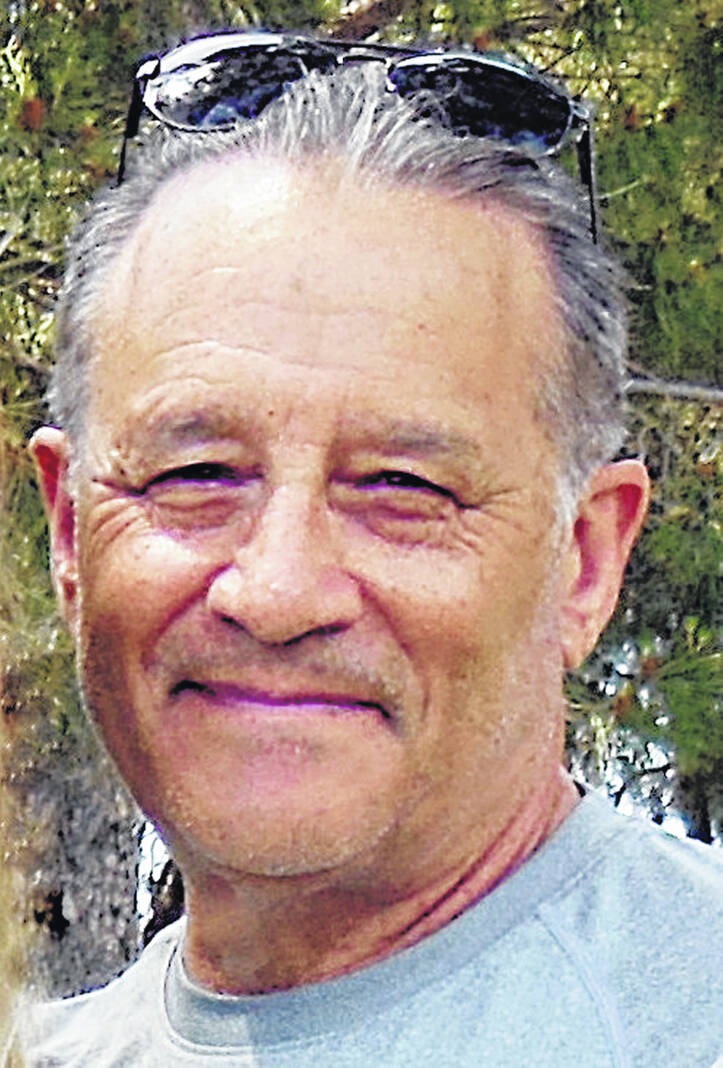
History repeats itself. What Vladamir Putin is doing today to Ukraine, Joseph Stalin did to Ukraine in the 1930s. It’s called genocide. The level of brutality? The same. For a full rendition of Stalin’s genocidal crimes against Ukraine, Pulitzer Prize-winning author Anne Applebaum’s book “Red Famine: Stalin’s War on Ukraine,” (Anchor 2017) is the best account I know of Stalin’s attempts to punish Ukraine back into the stone age.
In terms residents of Highland County can understand, but not cited enough in today’s news reports, both Putin and Stalin have hungered for Ukraine’s agricultural prowess for decades.
David Beasley, former governor of South Carolina and current executive director of the United Nations World Food Programme, reported on PBS this week that Ukraine’s annual grain production feeds about 400 million people per year around the world. He calls it one of the world’s breadbaskets, and the WFP, which feeds about 125 million people a year, gets 50 percent of its grain from Ukraine. The cascading effect of Ukraine’s wheat crop being demolished by Putin’s war will have devastating effects throughout the world.
In 1929, Stalin forced agricultural collectivization on the Russian people, including the Ukrainian soviet of the Soviet Union. It was a disaster and led to massive starvation in the early 1930s. But in the midst of this horrific hunger brought on by Stalin’s version of Communist ideology, his particular intention to focus punishment on the Ukrainian people was because he wanted to put an end to the simultaneous Ukrainian independence movement. The result was that somewhere between 4 to 10 million people starved to death. It became known as the Holodomor, in Ukrainian: “killing” or “murder by hunger.”
Putin, like Stalin, is determined to dictate over the Ukrainian people. It’s a part of imperial Russia’s demagogic DNA. But the power Russia could wield by controlling Ukrainian food production along with its own natural gas production is more than Putin can stand to turn his back on. The deep chernozem soils in two thirds of Ukraine are among the most fertile soils in the entire world. And Ukraine’s agricultural technology is among the best in the world. Their NEXAT revolutionary 1,100 horse power “combine” developed with Germany’s NEXCO turns combine technology on its head and leapfrogs over anything John Deere, Case, New Holland or any other agricultural equipment company is capable of putting in the field. Have a look: http://www.youtube.com/watch?v=UDyDPdf9Dyo.
Thanks, by the way, to Hillsboro’s Larry Shannon for the heads up on Ukrainian ag technology.
Stalin was determined to subdue Ukraine. Killing millions of its people didn’t compromise his conscience, if he even had one. Putin’s genocidal war against these same people is equally unrestrained. Dead bodies and mutilated cities and towns mean nothing to these miscreants. It is the territory they’ve always wanted and if punishing the Ukrainian people and their culture is part of the collateral damage, it fits perfectly into imperial Russia’s history of genocide over this most abused of European people.
Five years after her book “Red Famine,” Applebaum weighed in again on more recent developments (The Atlantic: May 22), remembering that in 1994, three years after being liberated from the yoke of Soviet imperialism, Estonia’s president, Meri Lennart, gave a speech in Hamburg, Germany. His speech was celebratory of Estonia’s and other Baltic nations’ new freedoms, but prescient as well.
In Applebaum’s words, his warning to Western Europe: “In 1994, Moscow was already seething with the language of resentment, aggression and imperial nostalgia; the Russian state was already developing an illiberal vision of the world, and even then was preparing to enforce it. Meri called upon the democratic world to push back: The West, he said, should ‘make it emphatically clear to the Russian leadership that another imperialist expansion will not stand a chance.’ At that point in his speech, the deputy mayor of St. Petersburg, Vladimir Putin, got up and walked out of the hall.”
Bill Sims is a Hillsboro resident, retired president of the Denver Council on Foreign Relations, an author and runs a small farm in Berrysville with his wife. He is a former educator, executive and foundation president.


